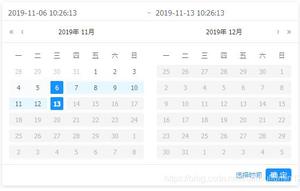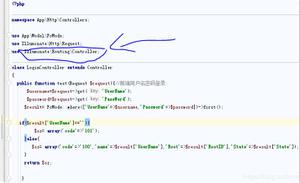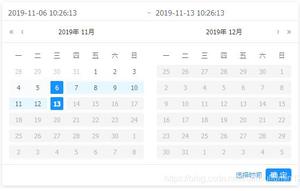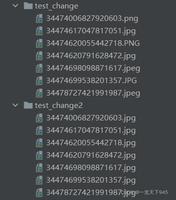python练习-(秒转时分秒,时分秒转秒)-对比linux中文件的上次更改时间跟当前时间相差多久。

具体代码如下>
import paramiko,re,datetime,timessh=paramiko.SSHClient()
ssh.set_missing_host_key_policy(paramiko.AutoAddPolicy())
ssh.connect(hostname="10.124.198.75",port=8122,username="admin",password='****',timeout=2)
stdin,stdout,stderr=ssh.exec_command("stat /etc/passwd | grep Change")
stdin_sys,stdout_sys,stderr_sys=ssh.exec_command("date +%s")
change_time=re.search('Change: (.+)\\.',stdout.read().decode('utf-8')).group(1)
time1=datetime.datetime.strptime(change_time,"%Y-%m-%d %H:%M:%S")
change_time_new=str(time.mktime(time1.timetuple())).strip('.0')
sys_time=stdout_sys.read().decode('utf-8').strip()
time_stay=int(sys_time) - int(change_time_new)
print("距离上次更改:",datetime.timedelta(seconds=time_stay))
View Code
详解>
import paramiko,re,datetime,time#连接linux服务器
ssh=paramiko.SSHClient()
ssh.set_missing_host_key_policy(paramiko.AutoAddPolicy()) #允许连接不在hosts文件中的主机
ssh.connect(hostname="10.124.198.75",port=8122,username="admin",password='****')
#执行命令,获取到当前的系统时间(秒),和对应文件的修改时间。
#命令执行完后,会存储在stdout里面。
stdin,stdout,stderr=ssh.exec_command("stat /etc/passwd | grep Change")
stdin_sys,stdout_sys,stderr_sys=ssh.exec_command("date +%s")
#读取stdout中的内容,并进行正则匹配,得到想要文件更改时间,并存储到变量中,格式如:(2019-01-23 16:44:15)
change_time=re.search('Change: (.+)\\.',stdout.read().decode('utf-8')).group(1)
#将时间转换为秒,,"%Y-%m-%d %H:%M:%S" 此处的定义根据我们时间的格式进行更改(2019-01-23 16:44:15)
time1=datetime.datetime.strptime(change_time,"%Y-%m-%d %H:%M:%S") change_time_new=str(time.mktime(time1.timetuple())).strip('.0')
#获取系统当前时间,并将当前时间减去上次修改的时间(秒 - 秒)
sys_time=stdout_sys.read().decode('utf-8').strip()
time_stay=int(sys_time) - int(change_time_new)
#秒转换为可识别的时间(距离上次更改: 41 days, 21:30:03)
print("距离上次更改:",datetime.timedelta(seconds=time_stay))
#执行测试
距离上次更改,41天22小时3分钟41秒
以上是 python练习-(秒转时分秒,时分秒转秒)-对比linux中文件的上次更改时间跟当前时间相差多久。 的全部内容, 来源链接: utcz.com/z/388079.html







